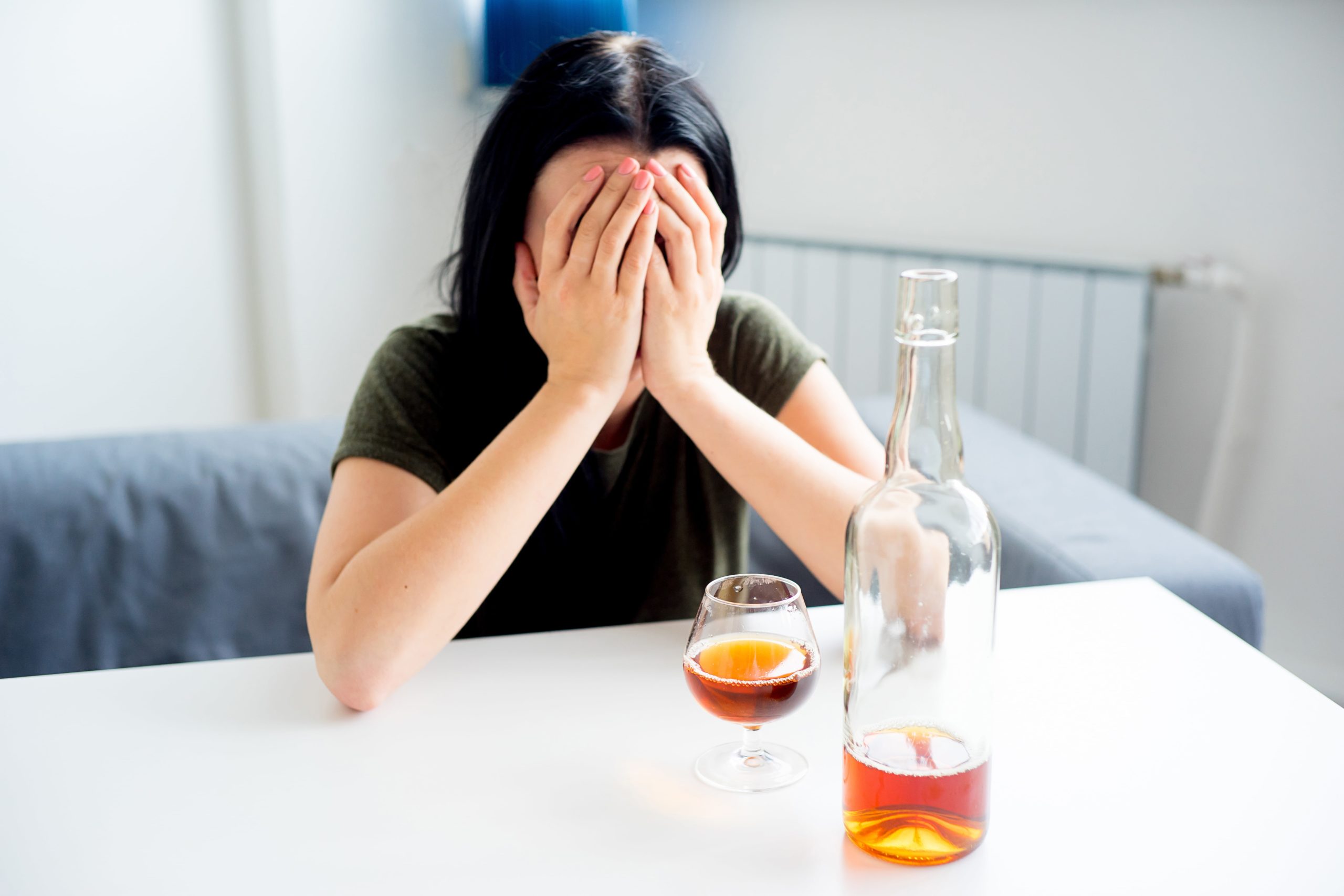Millions of people throughout the world consume alcohol on a regular basis. The National Survey on Drug Use and Health (NSDUH) reported that in 2018, 70% of Americans reported they drank alcohol within the last year while 55% of Americans drank in the past month. While not everyone who drinks alcohol is an alcoholic, many people who do are. Roughly 15 million Americans have alcohol use disorder, or AUD. If you are one of the 15 million people who are struggling with alcoholism, then you are likely already well aware of the trials and tribulations that come with this disease. Of the most concerning problems associated with alcoholism is withdrawal.
You will experience withdrawal if you are physically dependent on alcohol and stop drinking as much as you regularly do or quit drinking cold turkey. Chances are you probably have developed some withdrawal symptoms at some point in your active use if you were unable to get a hold of alcohol. If so, you know that the symptoms that can develop during alcohol withdrawal can be physically and psychologically distressing. The very thought of ending your alcohol use may be even more overwhelming to consider if you have had a taste of what withdrawal can be like. However, there is no way to bypass this step. If you want to stop drinking, the first thing you need to do is detox.
Alcohol Detox at Home
Detoxing from alcohol has its challenges and can be dangerous. It’s never recommended to detox from alcohol at home. You may consider contacting a detox center. That said, many people still choose to go through alcohol withdrawal at home. If you make the decision to detox yourself, doing it safely is essential. To detox and do so safely, consider implementing the following guidelines:
- Ask for help – First thing is first: ask for help. Reach out to a friend, sibling, parent, or any other loved one and see if they can be there to support you. If you know you will be battling withdrawal symptoms, then it is clear that you are not just abusing alcohol, but are likely addicted to it. As a result, attempting to conduct alcohol withdrawal at home on your own can quickly become a slippery slope. Having someone with you as you detox can help keep you accountable, honest, and focused on completing this process without going back to drinking.
- Taper your drinking – Going cold turkey after abusing alcohol for any period of time can be disastrous, especially if your alcohol abuse has been continuous. The sudden cessation of drinking at all can bring on serious withdrawal symptoms that can potentially threaten your life. Instead of just suddenly stopping, consider tapering yourself off of alcohol. Again, this is when having a loved one around can be beneficial, as they can help manage the taper. Tapering off of alcohol requires consuming smaller amounts of alcohol each day until you are no longer drinking at all. This slows down the onset of withdrawal symptoms and minimizes the intensity of them.
- Have the right medications on hand – No matter if you are tapering yourself off of alcohol or not, you are going to experience some level of withdrawal symptoms. Prior to beginning your alcohol detox at home, make sure you have the right over-the-counter medications available so that you can treat symptoms such as nausea, headaches, vomiting, and diarrhea. Try to keep a schedule of what to take and when, especially during the height of your withdrawal symptoms. It can be difficult to remember details such as these when you are preoccupied with detox.
- Practice good self-care – When conducting alcohol withdrawal at home, now is not the time to ignore your own personal needs. In fact, it is quite the opposite. During this process, be sure that you are doing things that promote restful (and enough) sleep, healthy eating habits, and physical activity (even if minimal). Stay away from junk food, do not stay up too late, and get yourself out of the house if possible.
- Consider professional treatment – Professional treatment for alcoholism is the best and most effective way to treat this disease. Even if you make the decision to detox at home, consider seeking further treatment that includes therapy. Addiction is a disease that impacts one’s mental, physical, spiritual, and emotional wellbeing, which is why therapy is usually necessary in order to develop full-fledged recovery. Focus on a consistent continuum of care so that you do not allow too much time to pass after you get sober.
It is imperative that you only consider alcohol detox at home if you do not have a severe alcohol use disorder and/or any other underlying physical health complications, as doing so can lead to life-threatening (and potentially deadly) issues.
Complications of Alcohol Withdrawal
The greatest concerns associated with alcohol withdrawal include the potential for seizures and the onset of delirium tremens, or DT’s.
Drinking alcohol directly impacts the functioning of your central nervous system by depressing it. That’s why alcohol slows down functions including speech and movement. But when alcohol is no longer being consumed, the body tries to compensate for these effects by going into overdrive essentially. As a result, the central nervous system becomes hyperactive and this is when seizures can occur. The seizures that occur during withdrawal can be deadly simply on their own or they can cause fatal injury if someone falls during the seizure.
Delirium tremens also occur because of changes in the central nervous system. Symptoms of the DT’s include the following:
- Rapid heart rate
- High blood pressure
- Fever
- Excessive sweating
- Increased respiratory rate
These symptoms can quickly become deadly, which is why it is usually recommended to detox at a professional treatment center. If opting to conduct alcohol detox at home, it is a good idea to have a list handy that includes phone numbers for your primary care physician as well as any other health professionals you see in case you develop any concerning symptoms. Having a phone nearby and charged is also vital in the event that you or a loved one needs to call 911.
Are You Ready to Stop Drinking?
If you are ready to put an end to your active addiction, know that you do not need to go it alone. We can help you through every step of the way, including alcohol detox if you choose to withdraw in our care. Do not be afraid to reach out and call us right now.
We are here to help and we can help you. Call us today.






